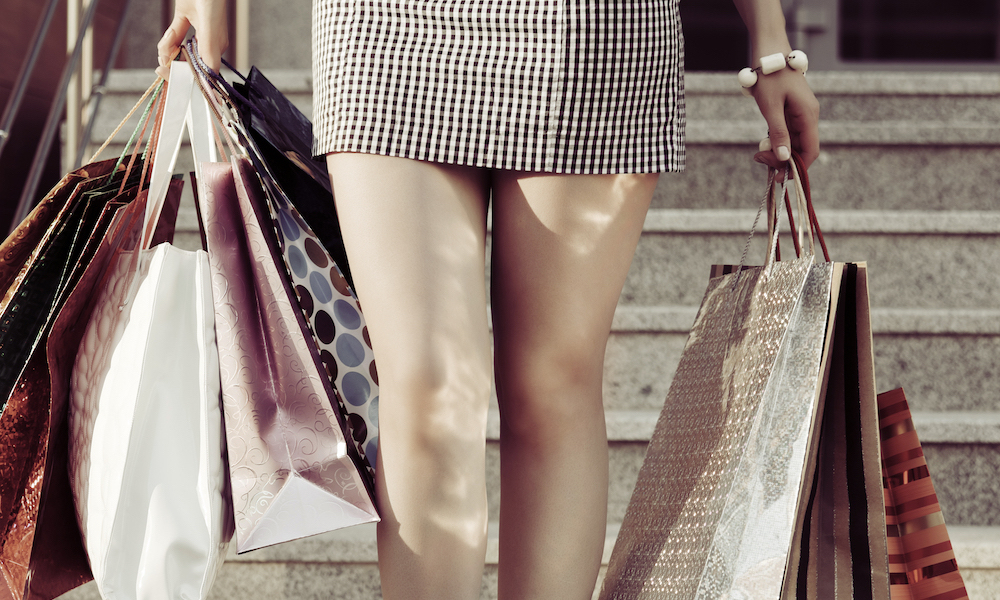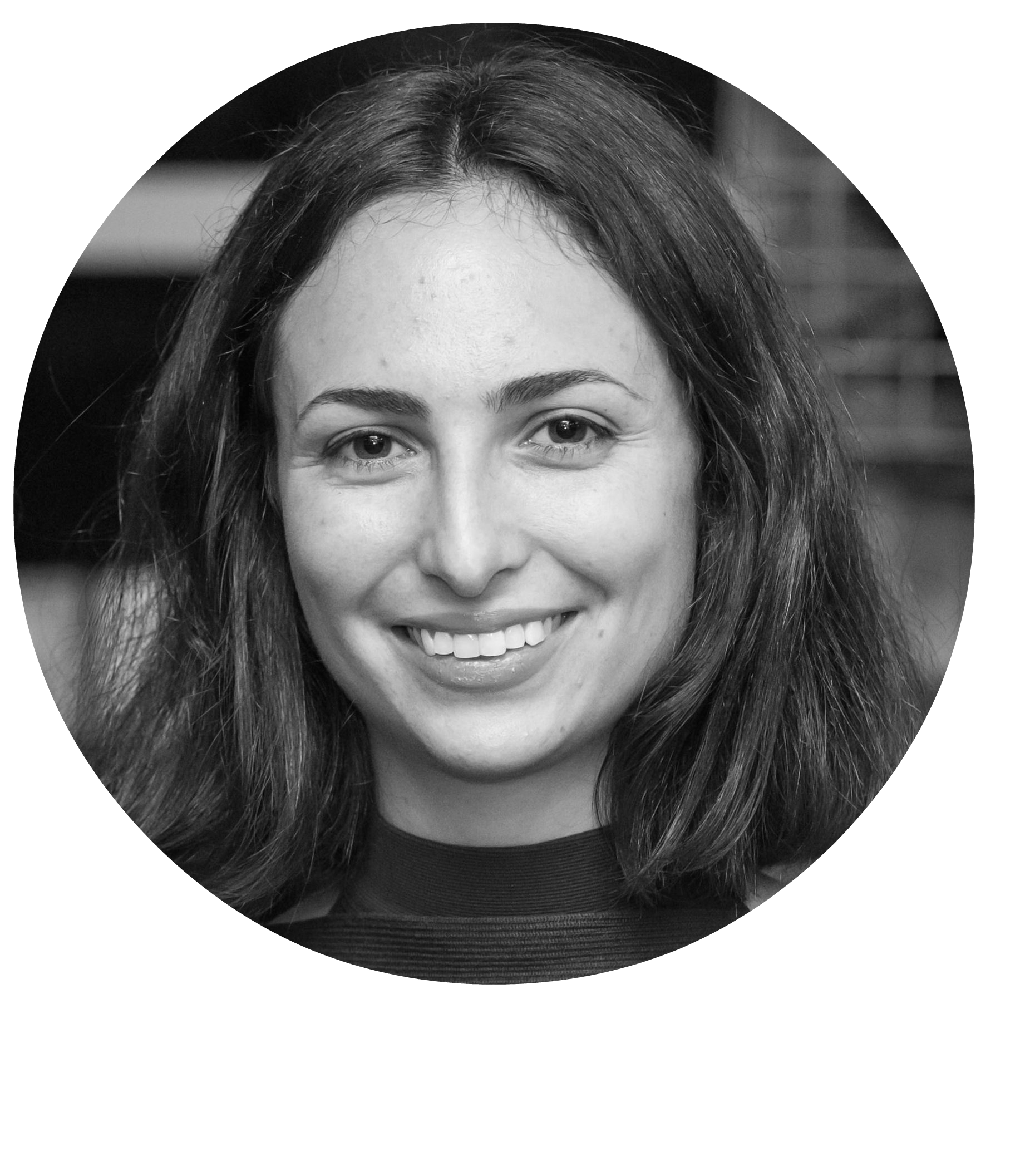As our society celebrates mass consumption this holiday period, it’s a great time to reflect on what we need and what we really want. Removing ourselves from the world of rampant consumerism and mass consumption may be the best resolution that we make for the year ahead.
At the age of 21, I hopped on a flight to London, where I commenced a 6 month trip around the world. Just two weeks into the trip, whilst travelling on a train in Morocco, my rucksack was stolen. It contained all of my possessions, including my passport, clothes, phone and toiletries.
Aside from the struggles of acquiring a new passport, the language barrier, the constant feeling of being a burden on helpful locals as they fasted during Ramadan, for the first time during my trip, I felt truly free. I wore the same outfit for a week, before buying a couple of essentials, and travelled the rest of my trip around Europe, Africa and Asia with a pint-sized pack on my back. On reflection I think it was a child's school backpack.
This experience changed the way I think about 'stuff'. When I embarked on the trip, I left with a 14kg rucksack, thinking that I had the minimum amount of things I needed for 6 months of travelling. Upon losing all of these things though, I realised I was wrong. Even 14kg of stuff was excessive. As cliche as this might sound, losing this stuff made me take a look at all the important things that I had that didn't constitute 'stuff'. I still had my health, my family and friends. I had everything I needed.

Unfortunately in the western world there remains a major disconnect between what people want and what they need. Although studies have shown that earning money and consuming beyond a certain point does not improve our emotional well being, we continue to be locked into a commercial cycle that drives us to consume. And with consumption comes waste. Our culture of mass consumption and fast fashion is the reason that the average person throws away 30kg of clothes every year and our planet is suffering as a result.
We can't take all the blame for wanting 'stuff' though. We're conditioned to want material things. Thanks to the glossy world of advertising, we are constantly seduced by things that we don't need. It's a world that is hard to escape. Scientists have analysed the impact of buying on the human brain and have found that the brain's pleasure centre is activated when we shop. When we buy things, our brain releases dopamine, which in turn makes us feel happy. This happy feeling though, is short lived.
Have you ever bought an item of clothing, felt really excited about it, and then taken it home only to realise you don't really like it? Or felt an immense feeling of regret after spending too much money on a shopping spree? This feeling is so common amongst humans that it has even been given a name, 'buyer's remorse'.
We live in a society that is plagued by both mass consumption and anxiety, and I have no doubt that the two go hand in hand. If we can manage to train our brains to think beyond the initial feeling of joy that we experience when we shop, we can substitute 'stuff' for more important things.
This new year is a great time to take a look at our own consumption, assess what we have, what we need, and how we can live on less. Physical clutter translates to mental clutter, so de-cluttering your house, workplace and your life can be the best gift to give yourself and the planet this holiday season.
We're in a climate emergency and it's going to take all of us to get out of it. That's why 1 Million Women is building a global community of women committed to fighting climate change with our daily actions. To join the (free) movement just click the button below!

